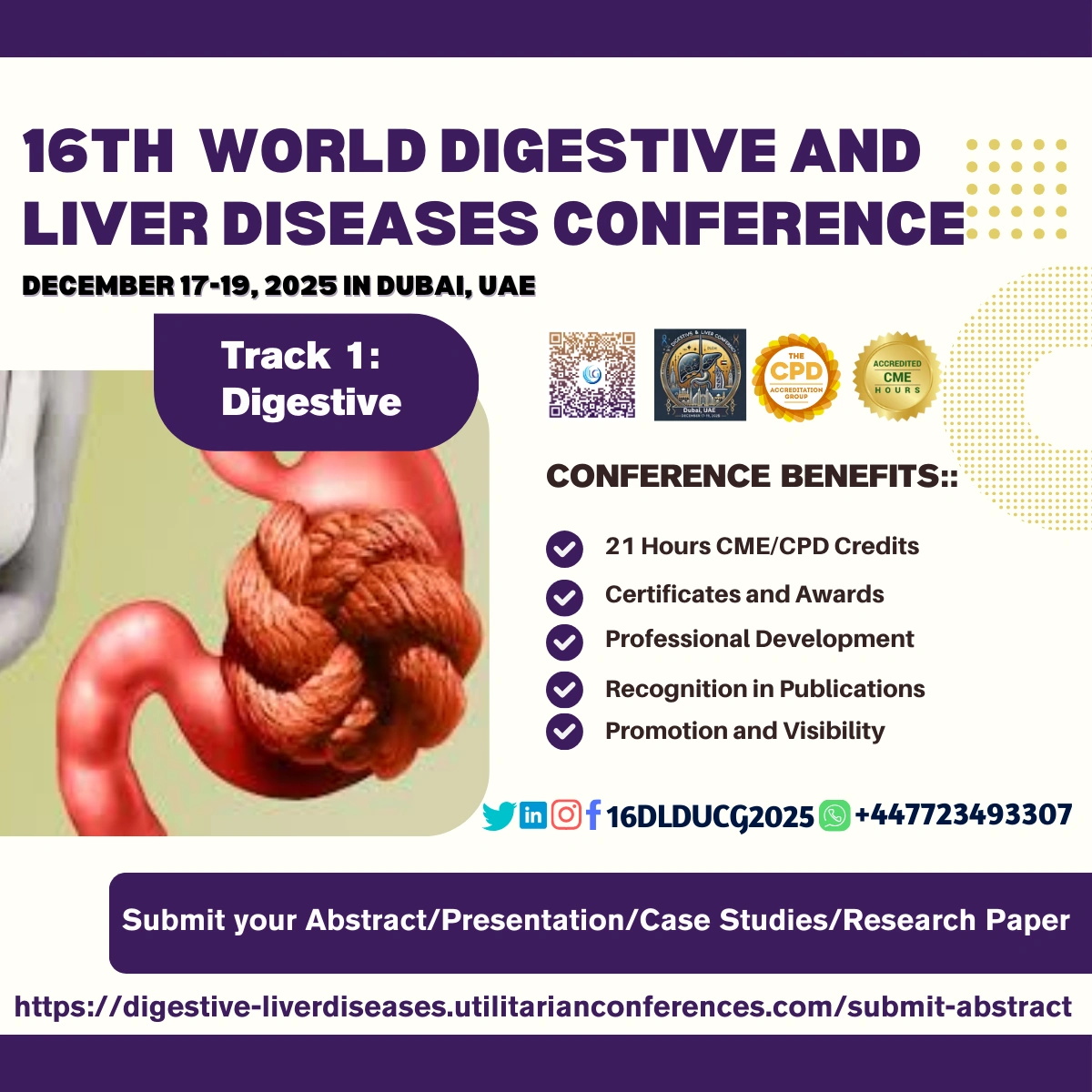The digestive system consists of several
organs that work together to break down food, absorb nutrients, and eliminate
waste. However, various diseases can affect these organs, leading to digestive
disorders.
Common Digestive Diseases
1. Stomach & Esophageal Disorders
- Gastroesophageal
Reflux Disease (GERD) – Acid from the stomach flows back into the esophagus, causing
heartburn.
- Peptic
Ulcers – Open
sores in the stomach lining caused by H. pylori bacteria or excessive NSAID use.
- Gastritis – Inflammation of the stomach lining
due to infection, alcohol, or stress.
2. Liver, Gallbladder & Pancreas Disorders
- Hepatitis – Liver inflammation caused by viral
infections (Hepatitis A, B, C) or alcohol abuse.
- Gallstones – Hard deposits in the gallbladder
that block bile flow, causing pain and nausea.
- Pancreatitis – Inflammation of the pancreas, often
due to alcohol, gallstones, or infections.
3. Intestinal Disorders
- Irritable
Bowel Syndrome (IBS) – Chronic disorder causing abdominal pain, bloating, diarrhea, or
constipation.
- Inflammatory
Bowel Disease (IBD)
– Includes Crohn’s
disease (affects any GI part) and Ulcerative colitis (affects
only the colon).
- Celiac
Disease –
Autoimmune disorder where gluten damages the small intestine lining.
4. Large Intestine & Rectal Disorders
- Constipation – Difficulty passing stools due to
low fiber, dehydration, or lack of exercise.
- Diarrhea – Loose stools caused by infections,
food intolerance, or medications.
- Diverticulitis – Inflammation of pouches in the
colon, leading to pain and infection.
- Hemorrhoids – Swollen veins in the rectum or
anus, causing pain and bleeding.
Prevention & Management
✔ Eat a high-fiber diet
(fruits, vegetables, whole grains).
✔ Stay hydrated to aid
digestion.
✔ Avoid excessive alcohol,
smoking, and processed foods.
✔ Exercise regularly to keep
digestion active.
✔ Manage stress to prevent
IBS and acid reflux.





